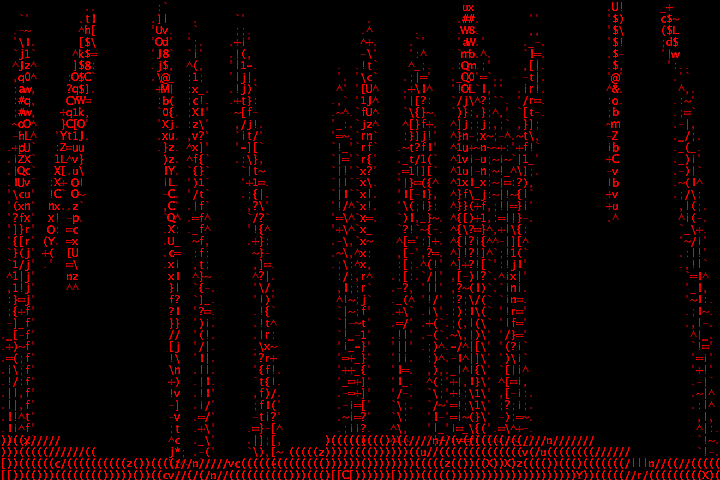Dead Channel (2025) animation frame, ASCII generative animation for CRT
Dead Channel extends my ongoing investigation into language, erasure, and architectures of disappearance. Dead Channel transposes those concerns into a screen-based ocean: a tide of glyphs endlessly dripping, pooling, and drowning themselves.
The work reflects on a world saturated by death and voices, a digital sea in which grief, outrage, and disinformation circulate together. Characters fall like bodies and accumulate as data exhaust, forming a liquid archive that swells until it overtakes the sky. The piece conjures both Gibson’s image of “a television tuned to a dead channel” and Jarzombek’s Digital Stockholm Syndrome: the screen as tomb and ocean, where signal collapses into noise and traces.
Originally exhibited on a CRT, Dead Channel is about the image of static inhabiting the very material of obsolescence. The CRT becomes reliquary and witness, a dead channel replaying the flood of voices that fill and overwhelm our present.
Installation view — Dead Channel (2025) CRT, ASCII generative animation

